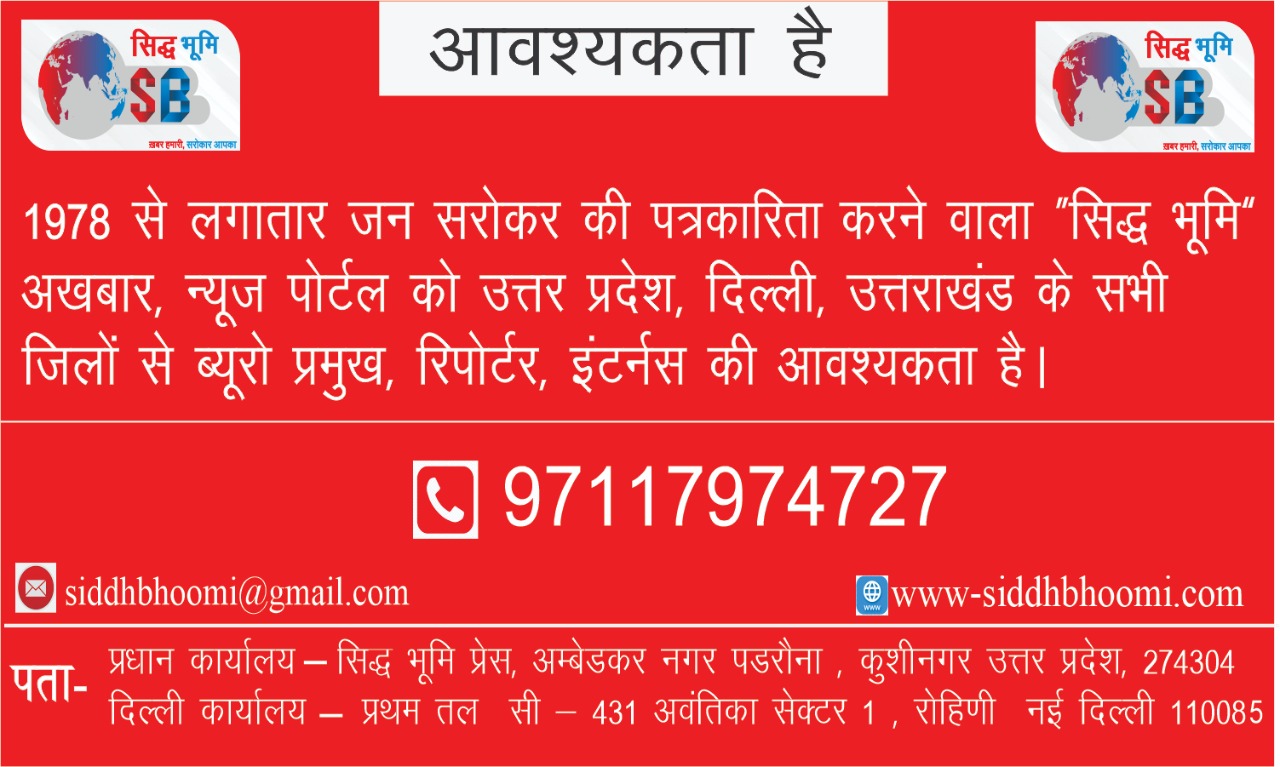प्रदेश न्यूज़
Multilingualism, Indian knowledge system among NCERT focus areas | India News

NEW DELHI: While setting up ‘national focus groups’ tasked with developing position papers to craft the National Curriculum Frameworks (NCFs) in the areas of early childhood, school, adult and teachers’ education, the National Council of Educational Research and Training (NCERT) has identified 25 themes based on which contents are to be developed and textbooks designed. The themes, divided into three categories, will relate to multilingualism, vocational education, Indian knowledge system, inclusive education and gender concerns, among others.
As per the notification issued by NCERT director Sridhar Srivastava, the focus groups will have a one-year tenure and have to submit their position papers to the National Steering Committee by March 2022 for further discussion and necessary action to be taken for developing the NCFs.
The three categories of the themes are — curriculum and pedagogy; cross-cutting themes; and other important areas of the National Education Policy 2020. The terms of reference for the 25 focus groups, as detailed by Srivastava, include developing a clear understanding of the themes as per the perspective and recommendations of the NEP 2020, specifically with regard to the proposed 5+3+3+4 curricular and pedagogical structure.
The terms also require the focus groups to specify implementation strategies at each stage and also to deliberate on the themes with respect to core essentials, experiential learning and other pedagogies, multidisciplinarity, interdisciplinarity, vocational education, multilingualism, holistic assessment, skills and competencies, Indian knowledge system, educational technology including ICT, inclusive education, gender concerns, etc.
The focus group will also have to seek updates on the position papers developed by their state/UT counterparts and drawing inputs from them.
The national focus group on ‘Philosophy and Aims of Education: The Guiding Principles’ will be chaired Prakash C Bartunia, chancellor, Babasaheb Bhimrao Ambedkar University, Lucknow, while that on ‘Early Child Care and Education and Foundational Literacy and Numeracy (Age: 0-8 years)’ will be chaired by Harshad Patel, vice chancellor, IITE, Gandhinagar, Gujarat. The focus group on science education is to be chaired by Milind Sudhakar Marathe, KJ Somaiya College of Engineering, Vidyavihar, Mumbai, while professor Sanjeev Arora of Princeton University will head the committee on mathematics. B Mahadevan, IIM, Bengaluru will chair the focus group on ‘Knowledge of India’.
There will be 12 focus groups which will deliberate and create position papers related to curriculum devlopment and pedagogy.
As per the notification issued by NCERT director Sridhar Srivastava, the focus groups will have a one-year tenure and have to submit their position papers to the National Steering Committee by March 2022 for further discussion and necessary action to be taken for developing the NCFs.
The three categories of the themes are — curriculum and pedagogy; cross-cutting themes; and other important areas of the National Education Policy 2020. The terms of reference for the 25 focus groups, as detailed by Srivastava, include developing a clear understanding of the themes as per the perspective and recommendations of the NEP 2020, specifically with regard to the proposed 5+3+3+4 curricular and pedagogical structure.
The terms also require the focus groups to specify implementation strategies at each stage and also to deliberate on the themes with respect to core essentials, experiential learning and other pedagogies, multidisciplinarity, interdisciplinarity, vocational education, multilingualism, holistic assessment, skills and competencies, Indian knowledge system, educational technology including ICT, inclusive education, gender concerns, etc.
The focus group will also have to seek updates on the position papers developed by their state/UT counterparts and drawing inputs from them.
The national focus group on ‘Philosophy and Aims of Education: The Guiding Principles’ will be chaired Prakash C Bartunia, chancellor, Babasaheb Bhimrao Ambedkar University, Lucknow, while that on ‘Early Child Care and Education and Foundational Literacy and Numeracy (Age: 0-8 years)’ will be chaired by Harshad Patel, vice chancellor, IITE, Gandhinagar, Gujarat. The focus group on science education is to be chaired by Milind Sudhakar Marathe, KJ Somaiya College of Engineering, Vidyavihar, Mumbai, while professor Sanjeev Arora of Princeton University will head the committee on mathematics. B Mahadevan, IIM, Bengaluru will chair the focus group on ‘Knowledge of India’.
There will be 12 focus groups which will deliberate and create position papers related to curriculum devlopment and pedagogy.






